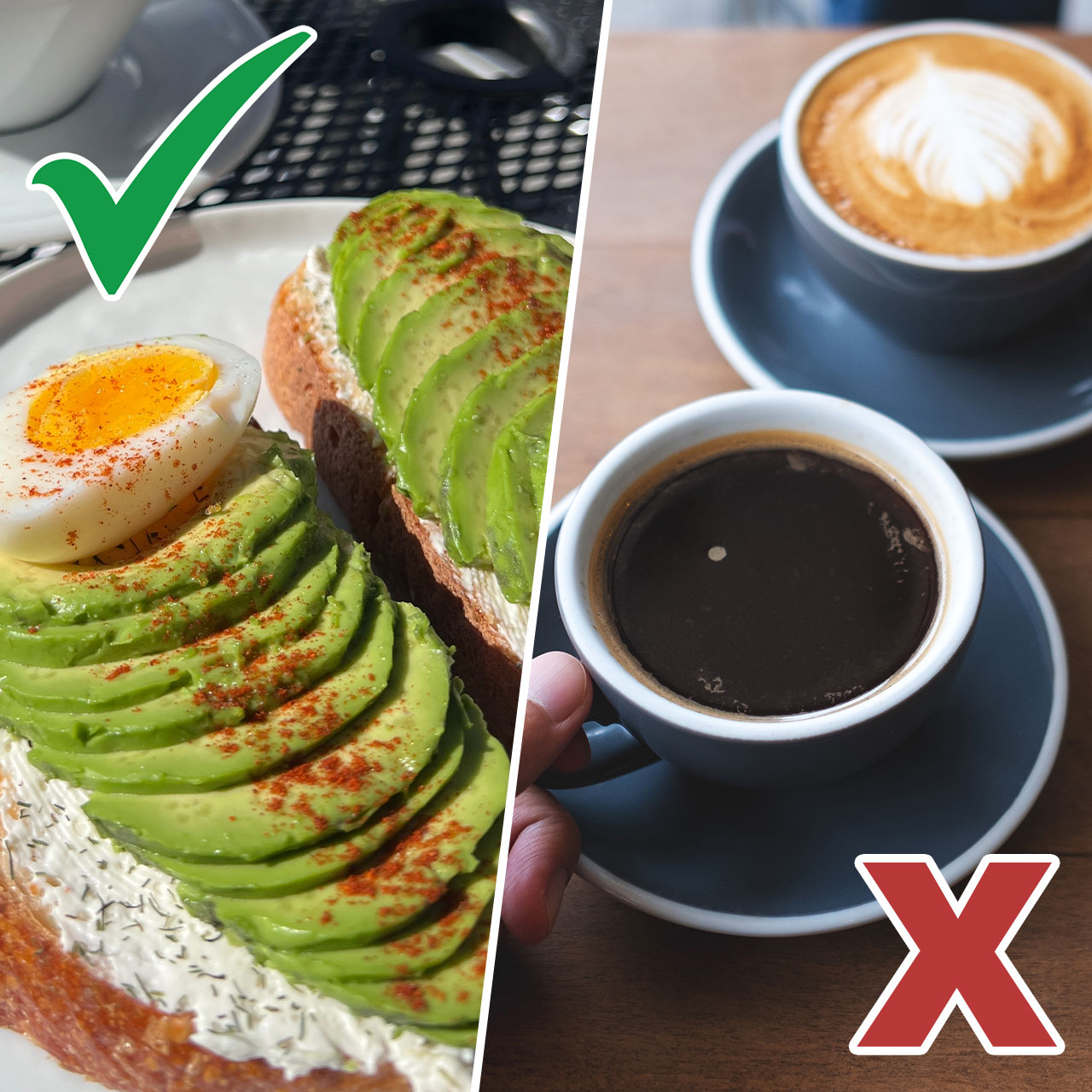This is an archived article and the information in the story may be outdated. Please check the time stamp on the story to see when it was updated last.
Achieving sustainable weight loss requires a more strategic approach than implementing drastic changes in diet and exercise. For weight loss that lasts, you need to come up with a new routine that you can commit to. Being overly restrictive will not work in the long run, and could actually damage your relationship with food and prompt disordered eating tendencies. Instead, try looking for a diet and exercise routine that sounds doable and enjoyable.
The Mediterranean diet, for example, is a popular choice among health experts. It encourages a more holistic approach to eating, modeling food choices on common dietary practices in Mediterranean countries like Italy and Greece. This diet also encourages regular exercise, amounting to a healthier lifestyle altogether.
Keep reading for more details.


The Mediterranean Diet
According to the Harvard School of Public Health, there's a few key components of the Mediterranean diet to keep in mind.
"The Mediterranean diet is a primarily plant-based eating plan that includes daily intake of whole grains, olive oil, fruits, vegetables, beans and other legumes, nuts, herbs, and spices," the article explains. "Other foods like animal proteins are eaten in smaller quantities, with the preferred animal protein being fish and seafood."
These dietary changes--particularly the focus on whole, unprocessed foods--can support weight loss, but they also have several other health benefits. The article continues, "Research supports the use of the Mediterranean diet as a healthy eating pattern for the prevention of cardiovascular diseases, increasing lifespan, and healthy aging."

If you want to really dig into the weight loss benefits of following the Mediterranean diet, it's important to keep in mind that any weight loss requires a calorie deficit, and this diet is no exception.
Although eating better will probably help you accomplish this without counting calories, that is one method to ensure you are on the road to losing weight.

According to Everyday Health, "Likely due to its focus on whole, fresh foods, the Mediterranean diet may help you lose weight in a safe and sustainable way."
However, for more tangible results, you may want to try calorie restriction. The article explains, "Once you add calorie restriction, the Mediterranean diet may show more dramatic results."

On the flip side, according to Healthline, that might not be necessary if you're going about weight loss in a more sustainable way and looking for longterm results. The article explains, "One review of 5 studies found that the Mediterranean diet was as effective as other popular diets like the low carb diet for weight loss, resulting in up to 22 pounds (10 kg) of weight loss over 1 year."
Plus, "A large study in over 32,000 people showed that long-term adherence to the Mediterranean diet was associated with a decreased risk of gaining weight and belly fat over 5 years."
With that in mind, although calorie restricting might jumpstart weight loss, if you're willing to stick to the Mediterranean diet, you should see results over time--while maintaining a healthy relationship with food.


























